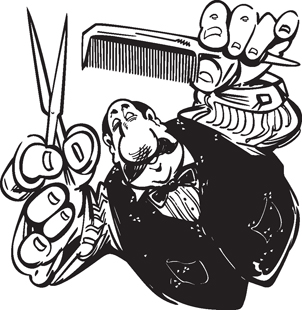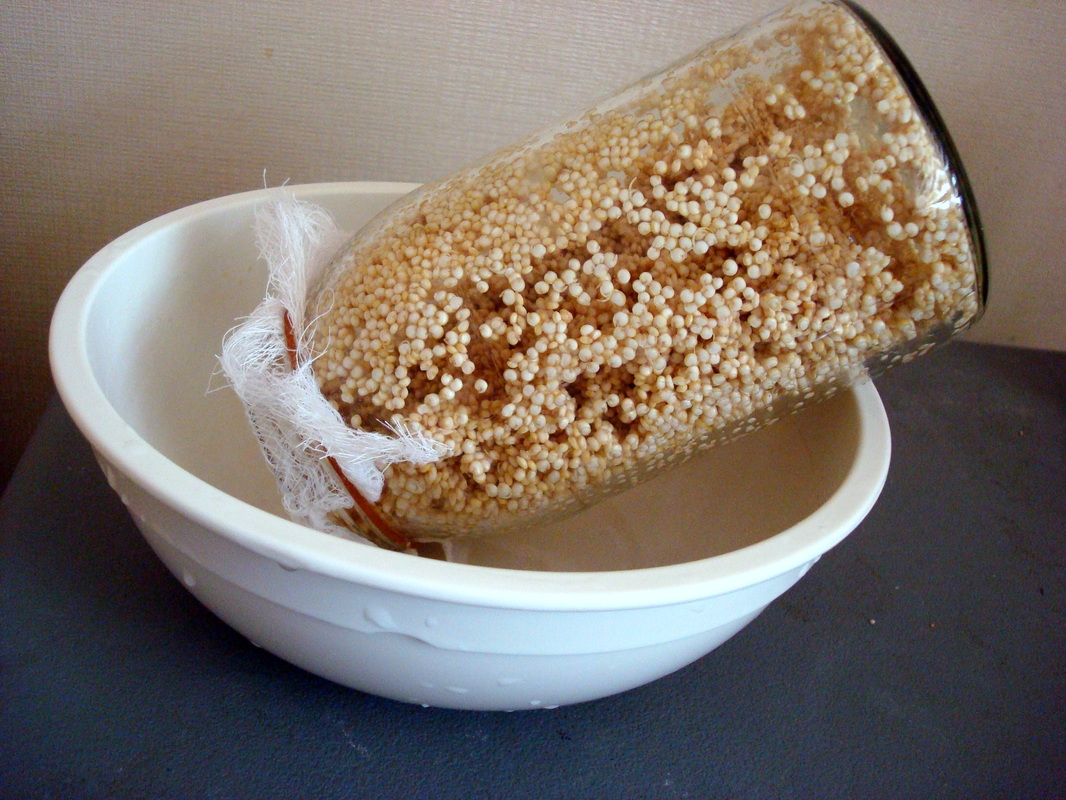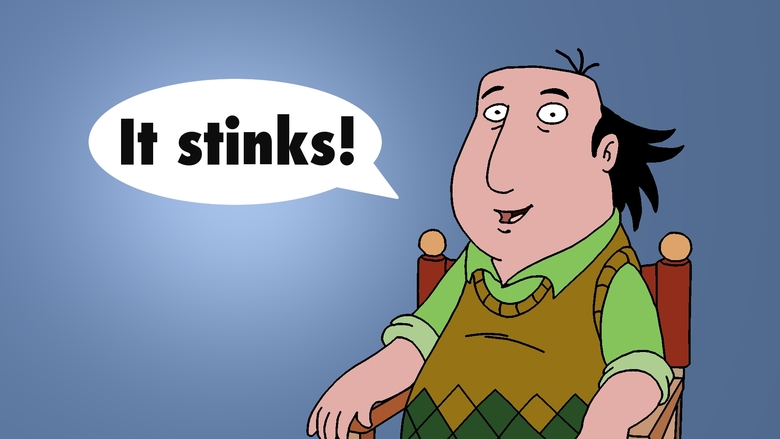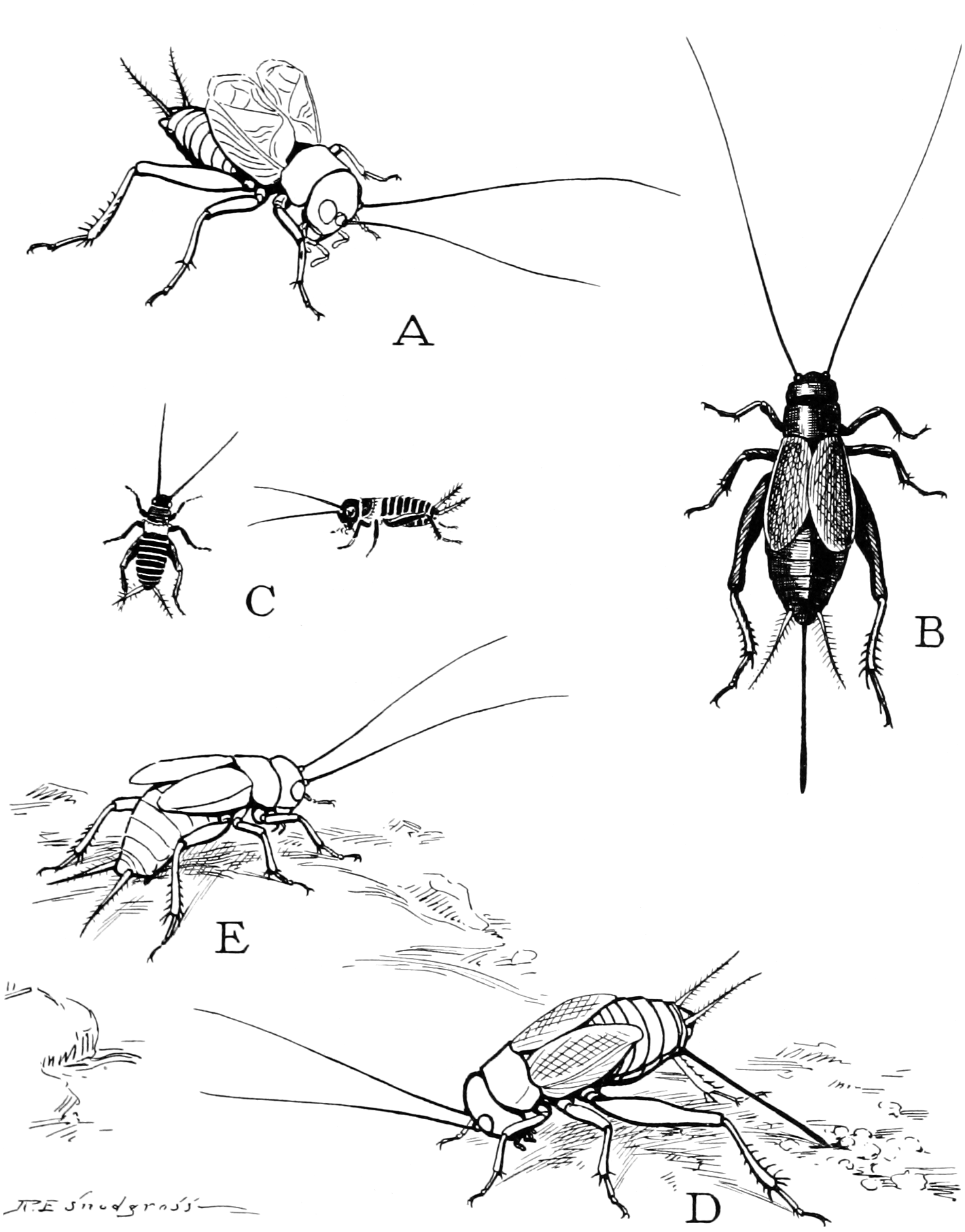I saved this so long ago and it got lost in the shuffle.
Anya Kamenetz, "Power of the Pen," O Magazine December 2013:
On a Thursday morning last June, I realized I needed to make some changes. I was at the playground with my 18-month-old daughter, Lulu, when it hit me that I'd become that mom. While other mothers were chatting, handing out snacks, or snapping photos, I was hunched over my phone—e-mailing, rescheduling, texting—and barely keeping track of Lulu as she dashed around.
My life as a new mom had become a precarious stack of activities and chores—take Boo to the vet! set up Lulu's playdate! run five miles!—that I felt increasingly ill-equipped to balance. The last straw came when my husband and I went on our first big weekend away—a rented house with friends. We dropped off Lulu with my mother, drove five hours to the house, and the next morning got the call: Our daughter had a fever and probably an ear infection. There was nothing to do but drive home. Admittedly, I blew my disappointment out of proportion. The real issue: I had come to a personal and professional crossroads without a road map to help me make sense of it all.
It was at this juncture that I read about Self Authoring, an online service of guided writing exercises that the Department of Education hailed in a 2013 report as a promising tool to boost resilience and perseverance—skills not only critical for academic achievement but also for determining whether people lead happy, successful lives. They had research to back their claims: One of Self Authoring's creators, Jordan Peterson, PhD, a psychology professor at the University of Toronto, had tested part of the curriculum on 85 students who were struggling academically at McGill University in Montreal, and the students' collective GPA rose by 29% in a single semester. In 2011, the Erasmus University in the Netherlands made a portion of the course mandatory for incoming undergraduates. The result: a nearly 10% increase in GPA, a 15% decrease in dropouts, and the highest-performing cohorts in the history of the school.
I could understand how a little bit of written soul-searching could help a bunch of previously underachieving freshmen. But as a writer, I was skeptical that yet more typing could make a quantifiable difference in the way I felt. Still, I reached out to Peterson—who assured me it would.
"If you understand the linkages between your past experiences and current emotions, your stress will begin to lift," Peterson said. He pointed out the work of James Pennebaker, a professor at the University of Texas at Austin, who had found that students who wrote about the worst thing that had ever happened to them felt sadder initially, but six months down the road were visiting doctors less frequently. Dozens of subsequent studies by Pennebaker and others showed similar benefits to physical and psychological well-being. Asking people to document difficult emotional experiences was shown to improve immune function, lower heart rate, and ease blood pressure.
Kamenetz signed on for the course at selfauthoring.com. It is exhaustive in the required detail.
Deciding what to include . . . made me aware of how I edit myself when talking about my life with friends. Soon, the assignment's confessional process had me hooked.
While connection with others is important, friends may not always provide the clarity we seek. They may whitewash, denigrate, belittle. Discreet paper, however, will provide a clear, stark canvas for our thoughts, and without the clutter of miscellaneous voices, display the pattern we seek.
Pouring out thousands of words extolling my marriage as the core of my happiness put more oomph in my resolve to set aside special time for my husband.
But the greatest payoff was my realization, with the forehead-smack insight of a good therapy session, that my disquiet with the life of a working mothers wasn't a matter of day-to-day stress. It was connected to a buried trauma I hadn't fully explored until I wrote about my early life.
I was 4 years old when my brother died just hours after he was born. For years my mother battled the grief, spending afternoons napping in her bedroom, shades drawn. She became wrapped up in the loss of my brother and irrationally afraid of losing me, too. From that early age, I equated having a child with fear and anguish . . . But now that I had set forth—in black and white—my best understanding of how the death of my brother contributed to my feelings today, the emotions of my 4-year-old self lost some of their power; I began to approach my roles as both mother and daughter with more compassion and less anxiety.
I realized some time ago that suppressing unpleasantness, actively shoving it down with "busy-ness" and mental gymnastics, takes way more energy that looking at the matter grimly in the eye and tackling it as much as possible. There are some benefits to laziness.




















